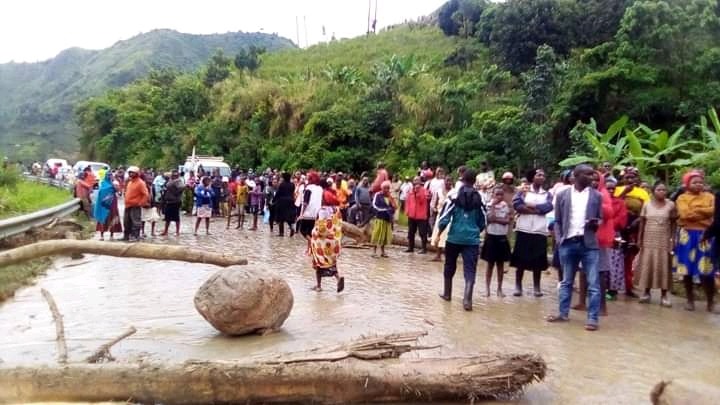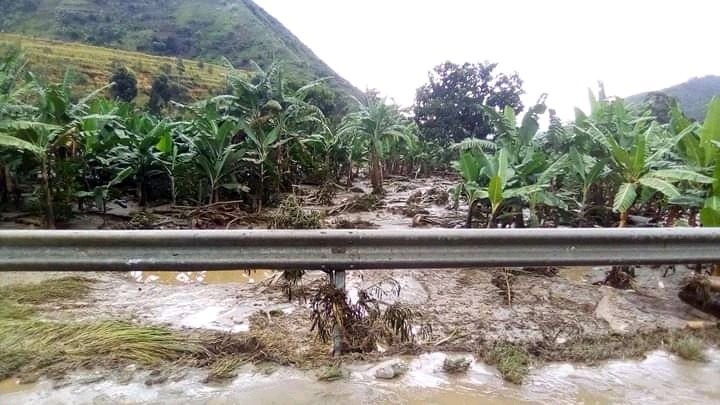The roles of Ugandan women have been taken to be subordinate to those of men, despite the substantial economic and social responsibilities of women in Uganda’s many traditional societies. Women are taught to accede to the wishes of their fathers, brothers, husbands, and sometimes other men as well, and to demonstrate their subordination to men in most areas of public life.
Even in the 1980s, women in rural areas of Buganda were expected to kneel when speaking to a man. At the same time, however, women shouldered the primary responsibilities for childcare and subsistence cultivation, and in the twenty first century, women have made substantial contributions to cash-crop agriculture.
Much as the government and other development partners have had strides to preach and advocate for equality, there has been some adherence amidst some setbacks.
This is no difference in the Rwenzori region where women still have the sole role of kitchen work, looking after children, farming, collecting fire wood, water to mention but a few, where as their male counter parts have to sit at the nearest trading centers, produce and sometimes provide for the family.
This was witnessed during the recent catastrophe of floods that hit Kasese, Bundibugyo and Ntoroko Districts on the night of May 7th 2020 that saw several properties worth billions of money lost especially in Kasese District where about 5 main rivers burst their banks due to flooding.
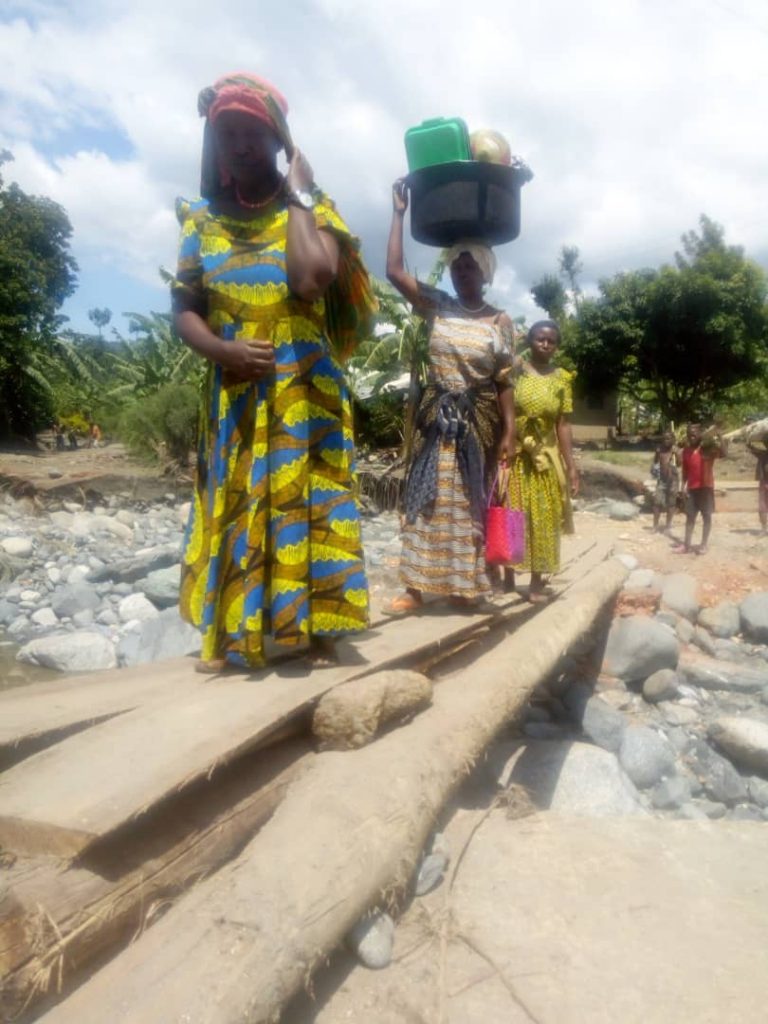
During a risk assessment conducted on 9th by our staff several touching stories from different affected women revealed their plight.
In Maliba sub county Kasese District it was evident that women were at the fore front of the floods fight as they were seen carrying property, firewood and other belongings.
An interview in the same place with Kabugho Sedress, 42 whose whole plantation was swept away revealed her plight. Kabugho is a widow and a mother of 7 children with only 4 still alive and she has to take care of their needs everyday as the only sole parent.
“I saw Kabugho fall in the river with firewood on her back, thank God she was saved but her firewood was swept away”, said our staff and eye witness in the field.
In Kakindo Village Maliba sub county 91 out of 120 households with a population of 1005 are affected by the floods.
Moving to Kasese municipality, it was the same story as it was in Maliba, women were seen in River Nyamwamba in Kilembe fetching firewood from the logs of trees that were pushed downstream by the floods. Just imagine that vulnerability just in case the water built afresh and found them in the river.
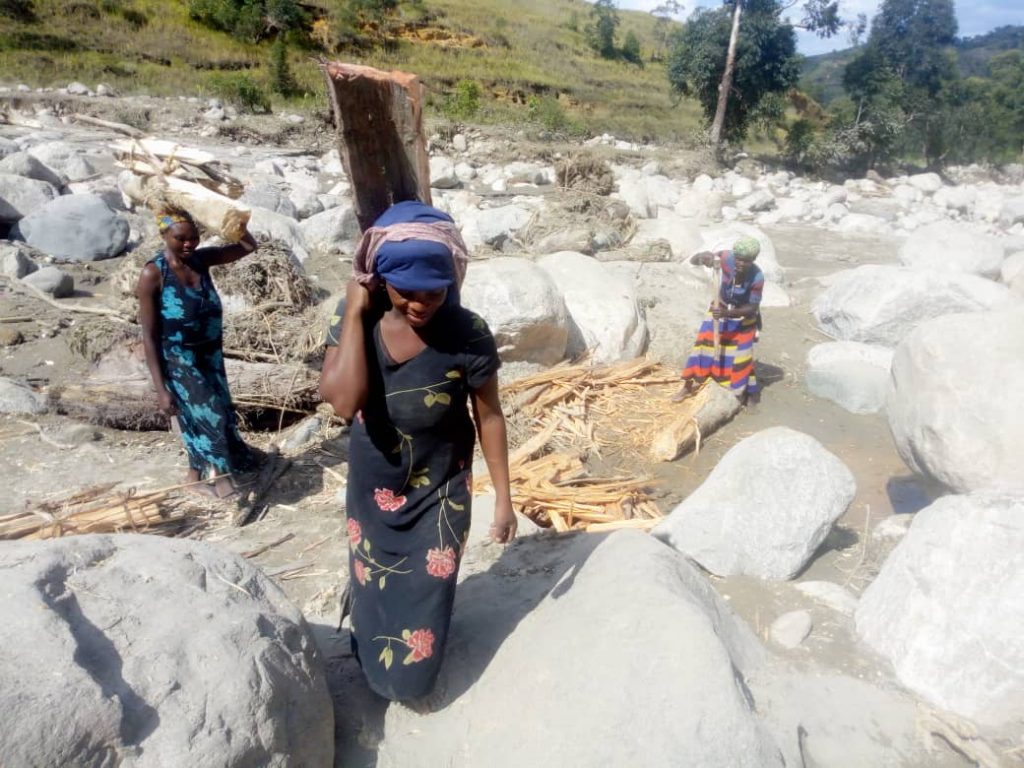
It is evident that women still face and feel the pinch of these catastrophes compared to their male counter parts.
This has also come amidst the covid-19 lock down in Uganda where domestic violence has also increased still affecting women that have been battered.
As GEDA Uganda we have continued to engage and do referrals for GBV victims and our nutritional and kitchen gardening program has continued to bring hope to the faces of the women amidst the lockdown and now floods through the small start up kitchen gardening fund.
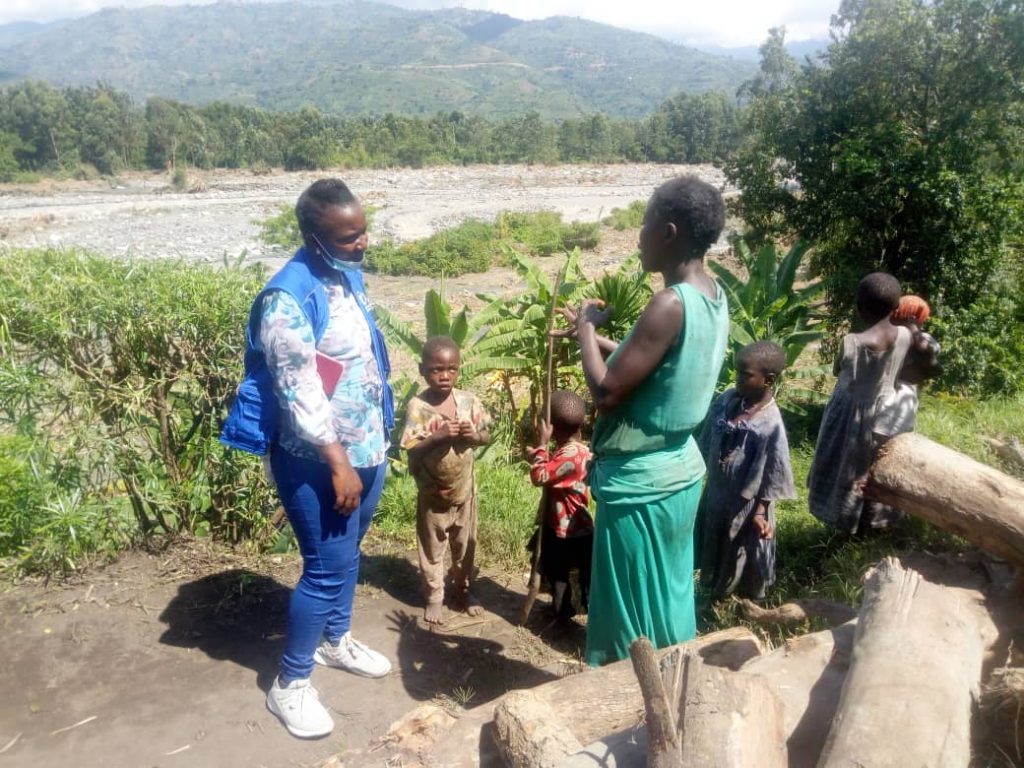
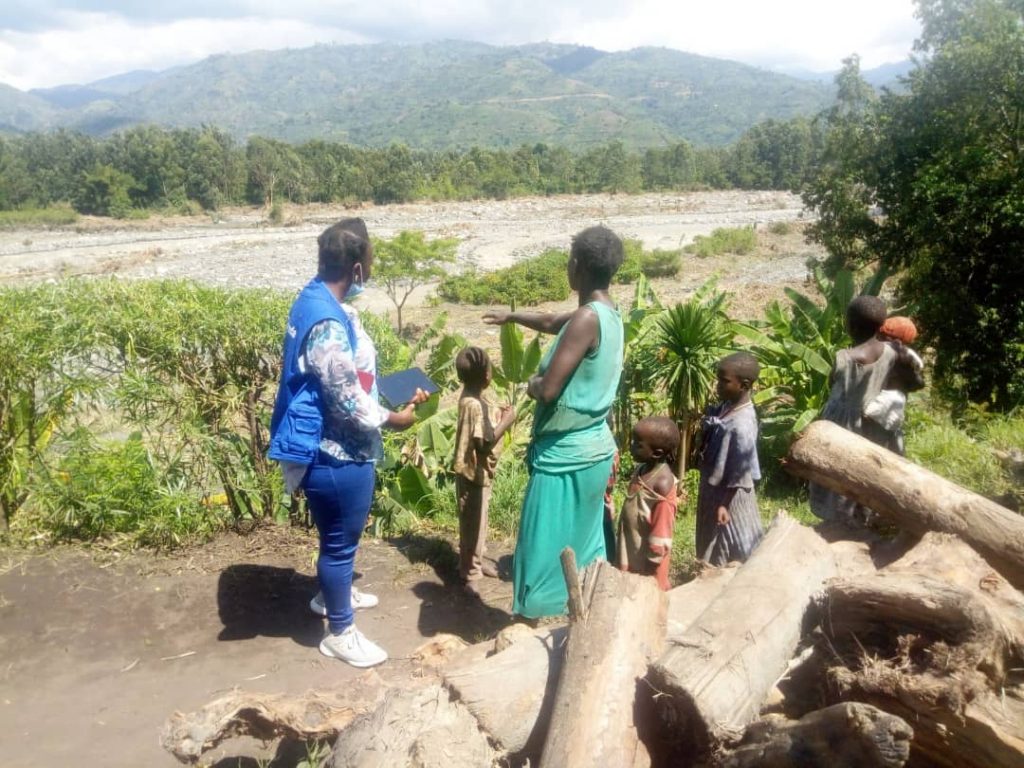
As Gender Environment and Development Action, we have continued to Promote gender equity and equality, prevent and respond to violence against women and girls; boys and men. Through Men engage as our other area of our expertise; We are looking forward to an environment and world where all people are equal and free from discrimination – in which gender justice and human rights are pro.
We are also urging the Government to include GBV as a component as they offer relief during these hard times of Covid-19 and now floods in the Rwenzori region.

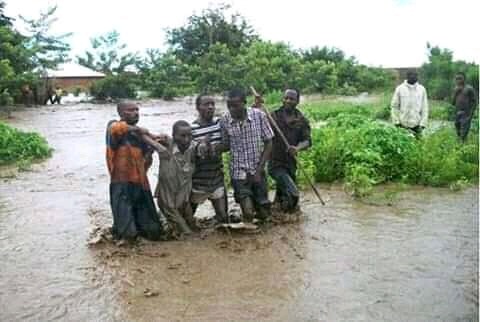 The situation turned worst when rivers Nyamwamba running from Kilembe through Kasese town, Nyamugasani in Bukonzo East of the District, Mubuku in Busongora North and other streams burst their banks and spilled water into the nearby communities with rolling stones due to the bursting rivers.
The situation turned worst when rivers Nyamwamba running from Kilembe through Kasese town, Nyamugasani in Bukonzo East of the District, Mubuku in Busongora North and other streams burst their banks and spilled water into the nearby communities with rolling stones due to the bursting rivers.